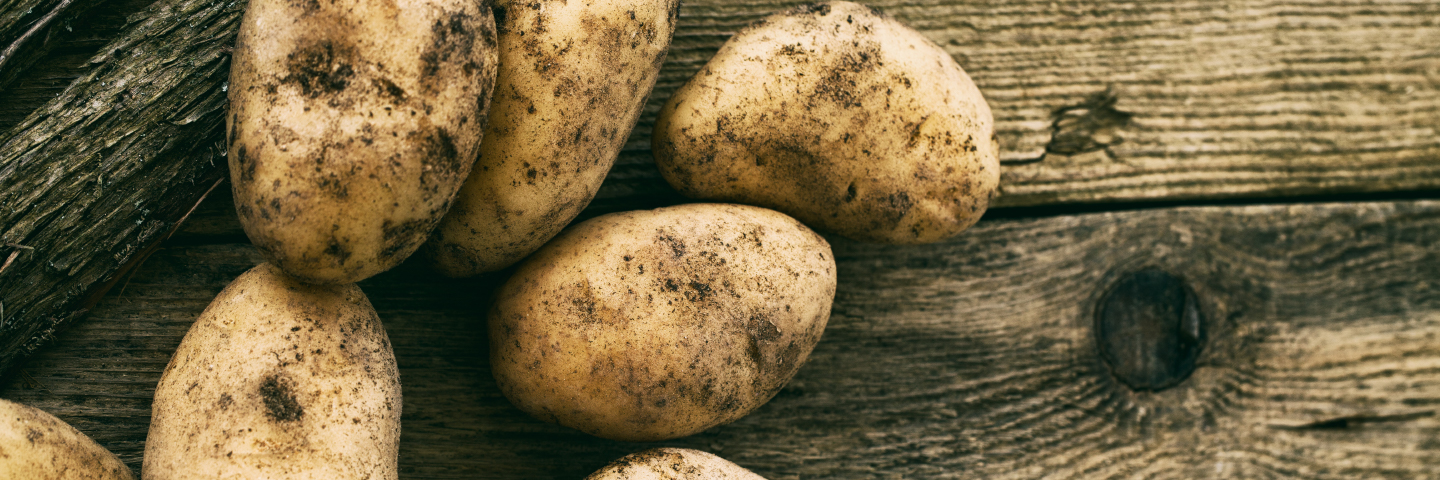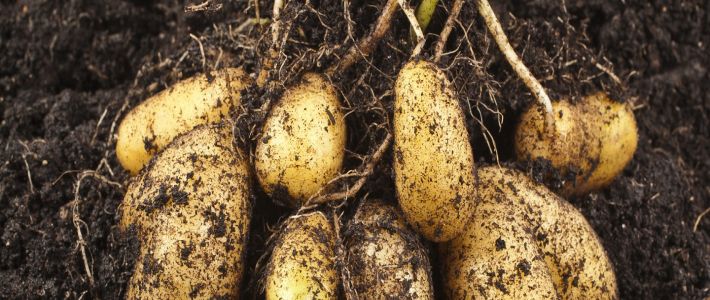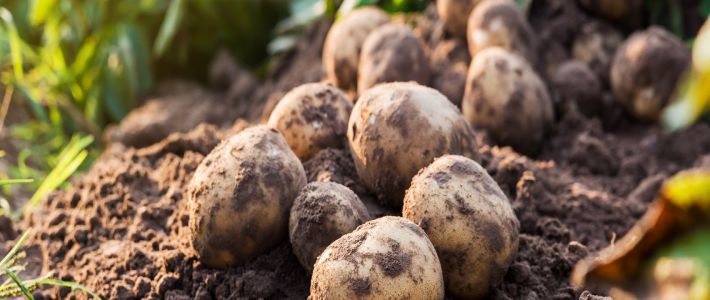
Visit our other sites
-
Fapas - Proficiency Testing
Globally recognised provider of proficiency tests, running over 400 tests annually across an extensive range of matrices and analytes
-
Great Crested Newts Testing
A single sample taken by an ecologist at any time during the newt breeding season can determine their presence or absence, saving you time and money

Accreditation
ISO 17025
Standard Turnaround Time
5 working days
Multiple samples are eligible for discount but cannot be purchased online. Please contact plantclinic@fera.co.uk for more information on ordering manually for the best multi-sample price.
Both are quarantine diseases of potato listed in the EC Plant Health Directive and are notifiable in the UK. Their introduction would have serious financial implications for potato producers in UK through significant crop losses if they were to become established.
Both bacteria can cause wilting of the potato plant but the symptoms you are most likely to see are in the tuber.
Ring rot is generally found in areas of cooler climates, and is especially prevalent in Eastern and Northern Europe. Bacterial ring rot of potato is caused by the bacterium Clavibacter michiganensis subsp. sepedonicus. Yield losses are caused by tuber rotting and can reach 50%.
Brown rot is caused by the bacterium Ralstonia solanacearum. Yield losses are mostly caused by tuber rotting.
Samples from Abroad: When sending plant pathogens and invertebrate samples from outside England and Wales for testing please email the Crop health team (crophealth@fera.co.uk) who will issue you with the relevant Letter of Authority to ensure your samples are not delayed upon entry to the UK.
More Information
A number of bacterial pathogens are capable of causing rots of potato tubers, most importantly during storage of the crop. The pathogen found most frequently in the UK is Pectobacterium carotovorum , but Pectobacterium atrosepticum and Dickeya species may also be involved.Tuber rotting can also develop following infection by the quarantine organisms Ralstonia solanacearum (brown rot) and Clavibacter michiganensis subsp. sepedonicus (ring rot). The majority of growers will, hopefully, never see either of these diseases, but should be aware of their symptoms.
Download the Factsheet
Please contact us to discuss volume discounts.
| Detail | Specification |
|---|---|
Test Code | BA00013 |
Standard Turnaround Time | 5 working days |
Parameters tested | Bacterial |
Method Used | Indirect immunofluorescence (IF) assay for ring rot and plating on semi-selective media for brown rot for initial screen. Molecular and host tests used for identification and confirmation. |
Potato brown rot & ring rot (Official EU Protocol) - Ralstonia solanacearum & Clavibacter sepedonicus
Add Samples
Your Current Samples
Please review your sample(s). Additional sample charges may apply where applicable.
There are no samples associated with this product at this time

Copyright © 2025 Fera Science Limited (“Fera”). All rights reserved.
For further information about how Fera uses any personal data collected from you, please see our Privacy Notice at www.fera.co.uk/privacy-policy.




